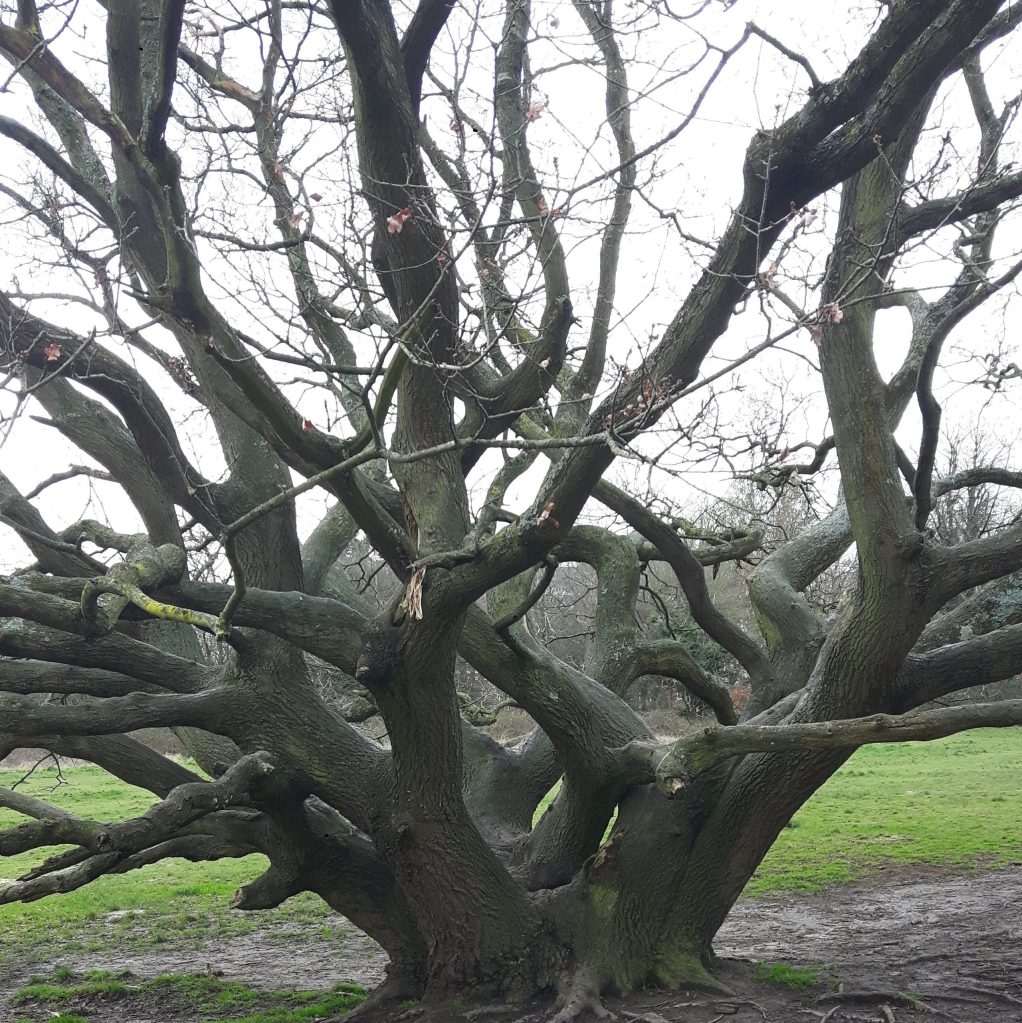My approach is based on Processwork and grounded in Restorative Practice. Both these ways of working, I believe, are more needed in our world. I’m interested in how Processwork and Restorative inform and complement each other.



Processwork
Processwork is a philosophy and practice that helps us notice and follow the flow of Nature, to align with what is trying to happen. It was initially developed in a therapeutic context by Arny Mindell, a Jungian analyst and physicist, in the 1970’s and 80’s. Continually evolving, Processwork is often described as an awareness practice. It is applied in diverse situations such as psychotherapy, mental health, the arts, community building, conflict facilitation and organisational development.
Some key ideas of processwork
- Things are constantly moving. What seem like static states are moments in the midst of change. Change is the natural order of life.
- Bringing awareness: Noticing what is happening makes a difference.
- The things that disturb us, or attract us, can be meaningful.
- There are different levels of reality. There is what we all agree is real. And there are our subjective and deeper experiences which are more dreamlike, and also real.
- Rank and power are key factors in organising relationships, communication and group dynamics.
Processwork as therapy
As a therapeutic model Processwork is integrative and holistic. Processwork UK sits within the Humanistic and Integrative Psychotherapy College (HIPC) of UKCP. Where many counselling approaches may regard the individual or group from a specific school of thought – for example behavioural, psychoanalytic, cognitive, transpersonal – Processwork incorporates all these methodologies and more. This includes intersectional and transcultural lenses. Processwork is built on the belief that each individual, relationship and group, has their own unique experience of the world as well as their own distinctive nature that is trying to come into being. This is why processwork therapy can look different for different people and from session to session. Processwork is used therapeutically with groups and families as well as with individuals and couples.
Processwork as Worldwork
When Processwork is used to facilitate groups, communities and organisations to tackle conflict and “hot” topics it is known as Worldwork. Worldwork supports communities to address trauma and issues of justice; to be in dialogue, building new understanding and relationships where there may have been deep division and violence. Worldwork has been successfully utilised in different regions of the world and in diverse cultural contexts. Worldwork also happens within a person when you wrestle with your relationship with world events and with your personal and collective history. At the centre of Worldwork is the principle of Deep Democracy. This is the idea that all voices, states of awareness and perspectives – including those that are marginal or “alternative”, as well as those that are mainstream in a given context – are needed for a new pattern or way of being to emerge.
Me and processwork
I first heard about Processwork in 2008 when friends and colleagues attended Worldwork in London. The small glimpses I had then from hearing about it intrigued me. Over the years I read about some of Mindell’s ideas and incorporated bits into my facilitation. When I found myself ready to train as a therapist and deepen my facilitation skills, Processwork was the obvious route to take. Moving further into my studies I realise that Processwork is such a good fit for me because I’ve always been doing it, or trying to – though I didn’t have the language for it. Mindell and his colleagues have given me the concepts and framework for living and relating in a way more aligned with my own nature and Nature. Some of the things I love about Processwork are that:
- It gives me skills to follow process more accurately. It brings together “soft skills”, to do with relating well, with the precision of scientific rigour by staying close to feedback.
- It can be practised on so many different levels – inner, interpersonal, group. It excites me that Processwork methods expand my ability to work with groups and are equally applicable working with individuals and my own inner life.
- It can be applied in wide ranging contexts, from comatose states to community conflicts. This also exhilarates me.
- It includes all experience and unites my own diverse interests from how we process history, how we deal with conflict and justice, to spiritual and inner growth.
- It allows another way of relating that is closer to my authentic self and doesn’t split off parts of my experience. It helps me live and relate from the inside out.
Find out more about me.

Restorative Practice
Restorative Practice is about strengthening relationships, building community and responding to conflict. In a modern European and North American context restorative practice has been growing and evolving since the 1970’s, though it has its roots in community justice traditions of indigenous groups such as the Maori of New Zealand, the Aboriginals of Australia and First Nations people of Canada and the US.
some fundamentals of Restorative Practice
- Investing in relationships proactively builds healthy communities and helps repair when there’s challenge or conflict.
- All behaviour is communication.
- The language we use is important: The words we choose when asking questions as well as our tone and body language matter.
- The emphasis is on repairing harm, taking accountability and putting things right. As opposed to determining guilt and dispensing punishment.
- Power is used collaboratively, to work WITH all parties involved.
Me and Restorative Practice
Having been deeply impacted by studying the Holocaust during my teens I got interested in transitional justice: How the needs of survivors and victims can be met, how the voices of the silent can be heard, how real accountability can be taken by individuals and how systems that enable abuses and discrimination can be brought to change. During my MA I encountered restorative practice in the form of Truth and Reconciliation Commissions. I became convinced of the centrality of strong relationships to both wellbeing and social cohesion. This developed into training myself up as a restorative practitioner and a commitment to trying to live restoratively in the every day.
Some things I love about Restorative
- It centres the needs of those harmed and allows the impact of the harm to be expressed.
- It facilitates real accountability where the person who’s caused harm hears the impact of their behaviour and can make amends.
- It can expose and address deeper causes of conflict and harm, leading to more sustainable change.
- There’s a whole continuum of restorative practices from a simple conversation I might have with one of my children, checking in with how they’re doing, to group circles, to mediations, to TRC’s on a national scale.
- It has relationship and relatedness at its heart and I think we all need more of that in a good way.
Find out more about me.
